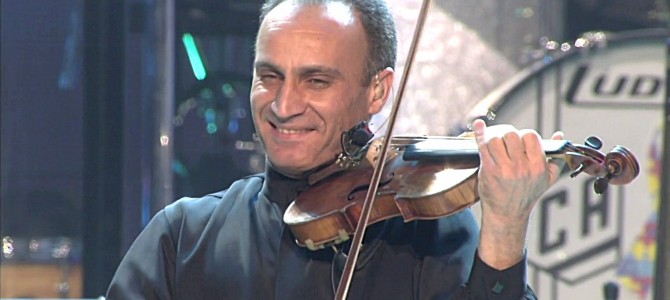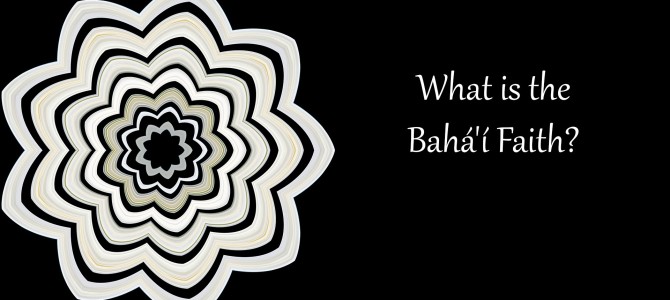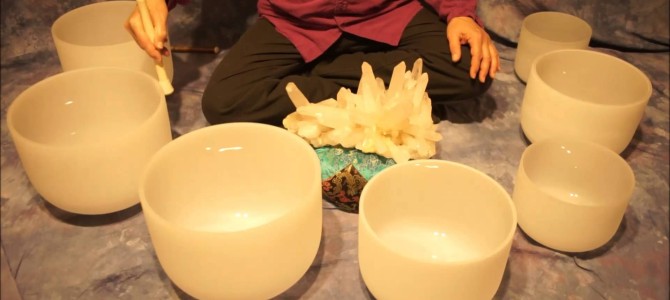Awaken your soul! Yanni – The Storm 2004 Live Video HD






Can the Word of God Ever Be Final? David Langness • September 27, 2016 • RELIGIONPART 6 IN SERIES: THE POWER AND POTENCY OF THE WORD No breeze can compare with the breezes of Divine Revelation, whilst the Word which is uttered…

The Force that Releases the World’s Animating Energies David Langness • September 24, 2016 • SPIRITUALITYPART 4 IN SERIES: THE POWER AND POTENCY OF THE WORD As a man who has devoted his whole life to the most clear headed science, to…